Embedded MicroPython from Ground Up™
Loại khoá học: Hardware
Develop Embedded Drivers and Firmware using the Python Programming Language
Mô tả
Whether you are new to Python programming or not you need to take a look at this course as an embedded developer.
Do you want to know how to write clean and efficient embedded drivers for stm32 microcontrollers using the python programming language?
If so, then welcome to Embedded MicroPython from Ground Up™
MicroPython is an efficient implementation of Python3 optimised to run on microcontrollers.
Now, why should you ....
Learn MicroPython as an embedded systems developer?
The simplicity of the python programming language makes micropython very easy to learn.
It is very easy to use, and allows you to develop complex firmware and drivers in python with few lines of code
It has an extensive software library which you can import into your project to build very complex solutions. E.g. network socket programming.
It is extensible with C/C++ and assembly, so you can mix assembly and c with micropython to improve code efficiency or simply implement routines that you are more comfortable implementing in low-level code.
So with that understood, let me tell you…
Exactly What You’re Getting
This course can be divided into 3 major sections.
First Section
The first section provides practical python essential training for embedded developers. This section is for developers who are not familiar with the python programming language and those who want to brush up on their python development skills. This is required because we need to know who to write python code before we can develop our firmware and drivers in python.
Second Section
The second section deals peripheral driver development. Over here we shall develop drivers for all the standard peripherals of our STM32 microconctoller.
We shall develop the following drivers:
General Purpose Input/Output (GPIO)Drivers
Power Management Drivers
General Purpose Timer Drivers
Timer Output Compare Driver
Timer Input Capture Driver
PWM Timer Driver
RealTime Clock (RTC) Drivers
A Watchdog Timer (WDG) Drivers
Analog-to-Digital Converter(ADC) Drivers
Analog-to-Digital Converter (ADC) Time Triggered Drivers
Digital-to-Analog Converter (DAC) Drivers
Universal Asynchronous Receiver/Transmitter (UART) Drivers
Serial Peripheral Interface (SPI) Drivers
Inter -Integrated Circuit (I2C) Drivers
Last Section
In the final section we shall develop firmware for addressing advanced topics such as:
Adding Assembly Language Code to MicroPython
Adding C Language Code to MicroPython
Please take a look at the full course curriculum. I hope to see you in the course.
Bạn sẽ học được gì
Develop Embedded Drivers and Firmware using the Python Programming Language
Mix Python with C/C++
Develop General Purpose Input/Output (GPIO)Drivers
Develop Power Management Drivers
Develop General Purpose Timer Drivers
Develop Timer Output Compare Drivers
Developer Timer Input Capture Drivers
Develop PWM Timer Drivers
Develop RealTime Clock (RTC) Drivers
Develop Watchdog Timer (WDG) Drivers
Develop Analog-to-Digital Converter(ADC) Drivers
Develop Analog-to-Digital Converter (ADC) Time Triggered Drivers
Develop Digital-to-Analog Converter (DAC) Drivers
Develop Universal Asynchronous Receiver/Transmitter (UART) Drivers
Develop Serial Peripheral Interface (SPI) Drivers
Develop Inter -Integrated Circuit (I2C) Drivers
Yêu cầu
- No programming experience needed - I'll teach you everything you need to know.
- NUCLOE-F411 Development Board
Nội dung khoá học
Viết Bình Luận
Khoá học liên quan

Đăng ký get khoá học Udemy - Unica - Gitiho giá chỉ 50k!
Get khoá học giá rẻ ngay trước khi bị fix.

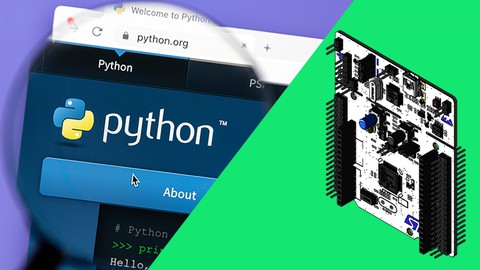




![Java Certification : OCA (1Z0-808) Exam Simulation [2023]](/uploads/courses/udemy/1464072_c364_6.jpg)



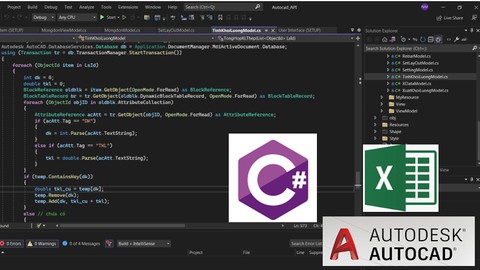

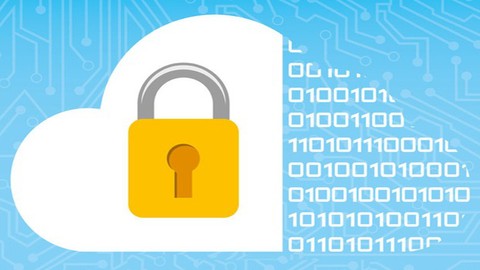
![10 Sample Exams ISTQB Foundation Level (CTFL) v4.0 [NEW!]](/uploads/courses/udemy/3228307_dcb2_10.jpg)
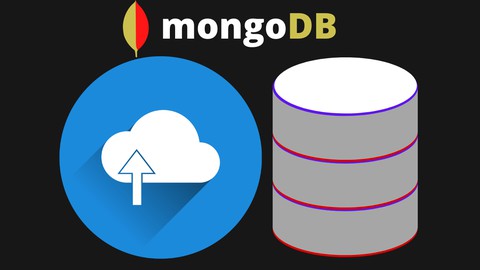

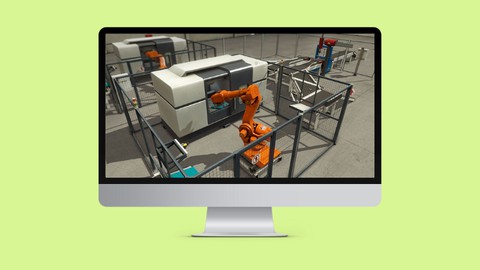
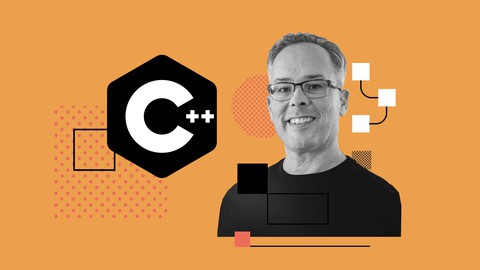
Đánh giá của học viên
Bình luận khách hàng